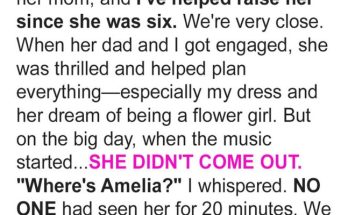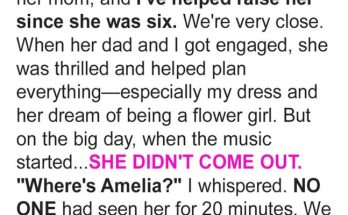I’m Jordan, and I work in corporate logistics. My job is demanding, but I’ve always kept boundaries clear—until my boss, Mr. Reynolds, started asking for rides to meetings. At first, I thought it was a one-time favor. But it became routine. He’d text me last-minute, expect me to wait outside, and never offer gas money. I felt like his personal chauffeur. When I finally said no, he scoffed, “You’re not a team player.” That comment stuck. I wasn’t refusing out of laziness—I was refusing exploitation. I didn’t know it then, but HR was about to get involved.
The next week, Mr. Reynolds gave me the cold shoulder. He excluded me from meetings, ignored my emails, and even reassigned one of my projects. I documented everything. I wasn’t going to let retaliation go unchecked. I spoke to HR, nervous but firm. They listened, reviewed my notes, and asked for witnesses. Turns out, I wasn’t the only one. Others had been pressured into personal favors—coffee runs, dry cleaning pickups, even babysitting. HR launched a formal investigation. Mr. Reynolds had crossed a line, and now the company was watching.
Two weeks later, HR called me in. They thanked me for speaking up. Mr. Reynolds had been reprimanded and removed from supervisory duties. I was offered a new team, a raise, and a formal apology. But the best part? Boundaries were reinforced across the department. No more personal errands disguised as “team spirit.” I walked out of that office feeling lighter. I hadn’t just protected myself—I’d helped change the culture. And I realized that saying “no” isn’t selfish. It’s powerful.
Mr. Reynolds tried to apologize privately. He said he “didn’t realize” how his requests affected me. I told him, “Respect isn’t optional. It’s foundational.” He nodded, but I could tell he didn’t fully get it. That’s okay. I wasn’t looking for validation—I was looking for change. And I got it. My new manager treats everyone with fairness. Meetings are productive, not stressful. I no longer dread Mondays. And I’ve learned that professionalism means knowing your worth—and defending it.
My coworkers started opening up too. One said, “I thought I was the only one.” Another thanked me for “breaking the cycle.” It wasn’t easy, but it was worth it. We created a workplace where boundaries are respected, and no one feels trapped by power dynamics. I still keep my documentation folder—just in case. But now, I use it less. Because respect isn’t just a policy—it’s a practice. And it starts with one person saying, “This isn’t okay.”
So here’s what I’ve learned: standing up for yourself isn’t rebellion—it’s responsibility. Mr. Reynolds thought he could blur the lines between boss and servant. But I drew a line, and HR backed me. I didn’t just protect my time—I protected my dignity. And now, every time I drive to work, I do it for myself. Not for someone who thought my silence was guaranteed.

